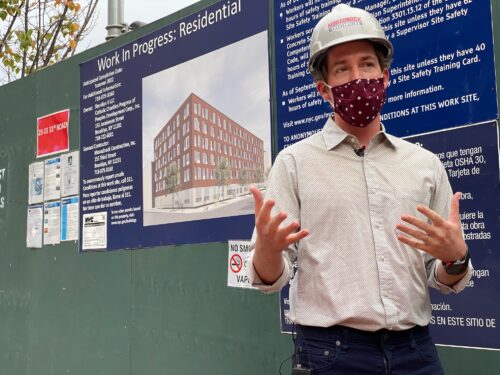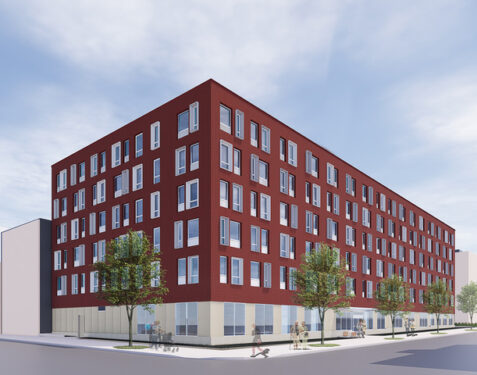Currents News Staff
Faith is taking center stage in this year’s race for the White House as Catholic voters in critical swing states get ready to cast their ballot. Though many already have, abortion and a myriad of other social concerns are top of mind.
“It’s not easy being a Catholic voter especially when it comes to our modern day politics,” explains St. John’s University political science professor Brian Browne. “Catholics really have to discern and decide what is the most important issue for them.”
Browne says Catholics need to make informed choices as the candidates make their final pitches on big issues like abortion.
“I will always defend the sacred right to life,” said President Donald Trump, whose pro-life stance is unwavering.
Meanwhile, Joe Biden is touting his commitment to other Church teachings.
“I grew up with Catholic social doctrine, which taught me that faith without works is dead.” said Biden
Those differing positions continue to divide the Catholic vote, but the Senate battle over the Supreme Court’s newest justice has put the rights of the unborn back on the front burner.
“It is the preeminent issue,” says Matthew Pinto, president of Ascension, a leading Catholic media company that works with thousands of parishes on adult faith formation. He believes that the right to life is paramount.
“It’s almost as if we can vote for the candidates after that issue is resolved,” he added. “We can look at the other nine, eight, or seven issues… but some are immutable.”
Not all Catholics agree, according to a Pew research poll. Seventy-seven percent of Democratic leaning Catholics think abortion should be legal in some form, while 63 percent of Republican leaning Catholics think it should be illegal in most if not all cases.
Another huge concern — especially among hispanic Catholics — is immigration. Ninety-one percent of Catholic Democrats oppose expanding the border wall, while 81 percent of Republicans favor expanding it. The U.S. Conference of Catholic Bishops condemns the expansion plan.
Healthcare, climate change, the death penalty and euthanasia all pressing issues in this election — all of which are pulling Catholics in different directions.
“There’s so many different factors because our faith is so dynamic and incorporates every aspect of the human person,” says Brian Browne.
Catholics are united, however, over growing anti-Christian sentiment. According to a Real Clear opinion poll, 83 percent of likely Catholic voters are concerned about attacks on churches across the country in recent months.
“You have to vote,” Brian urges, saying that the most important thing is that you make your vote count.
Matthew Pinto added a little extra food for thought:
“If a Catholic is on the fence about what to do, think with the mind of Christ and think with the mind of the Church. Human — faults and all — was established by Christ to teach in his name. It has taught in his name for 2000 years. At the end of the day, the Church really does get it right on these big issues.”

